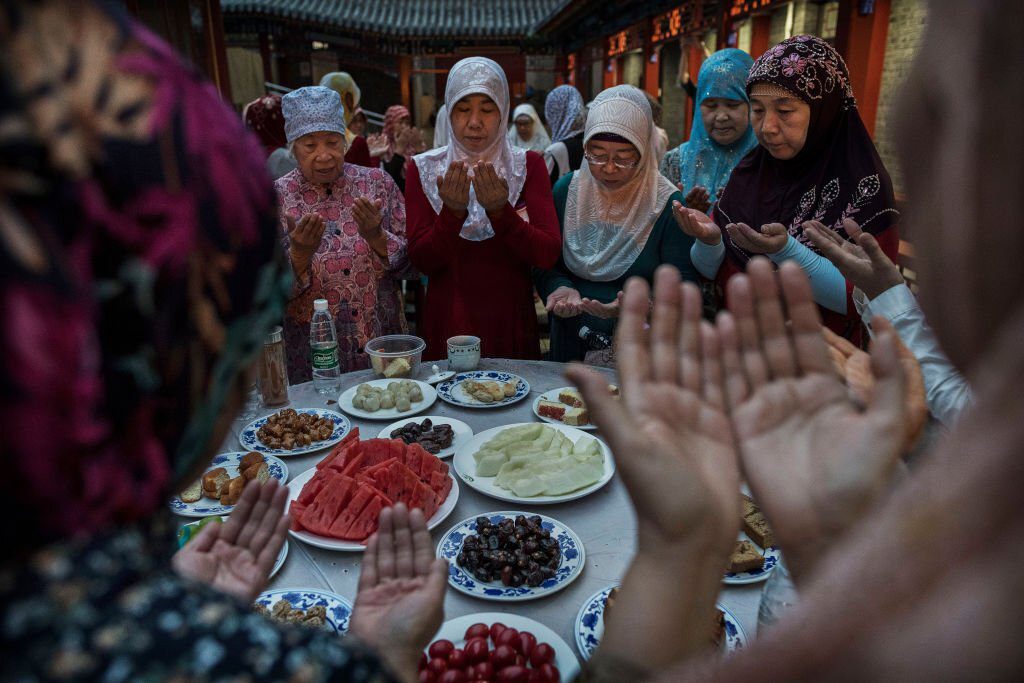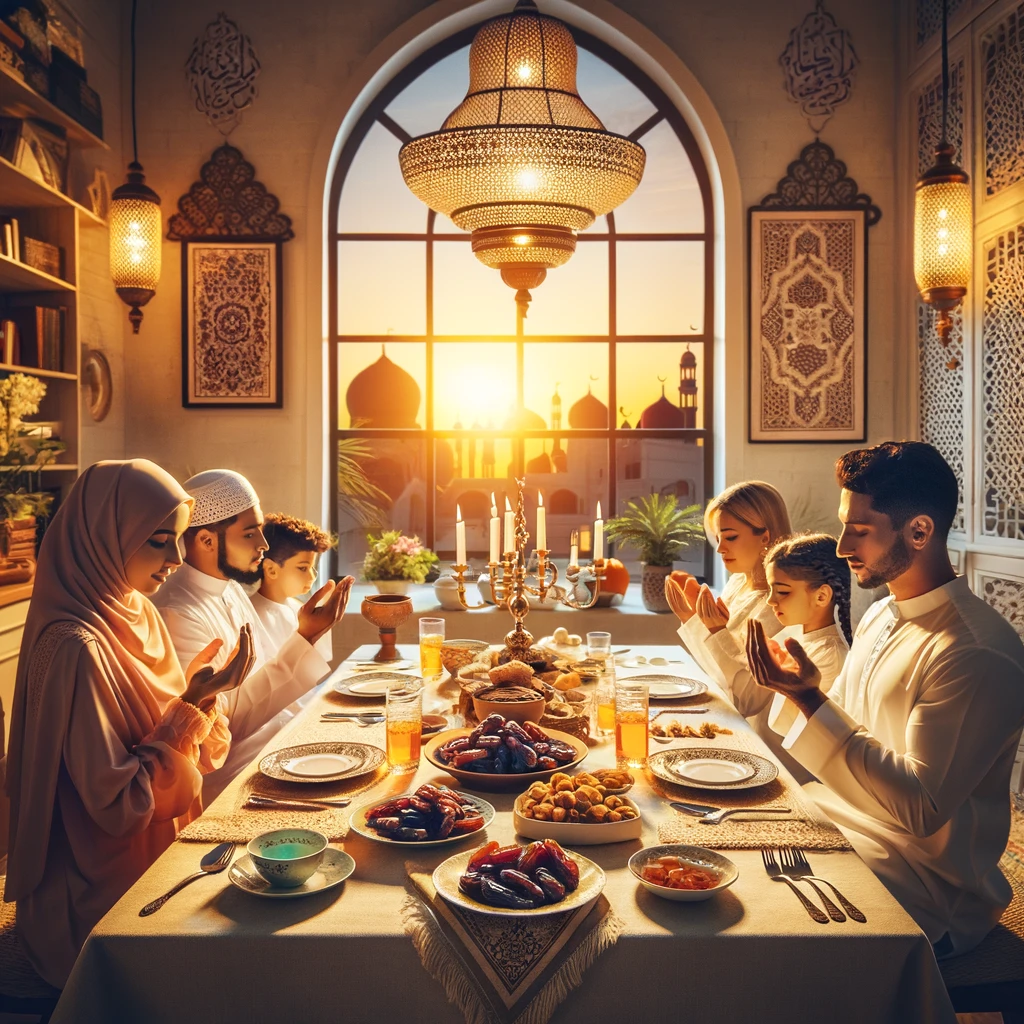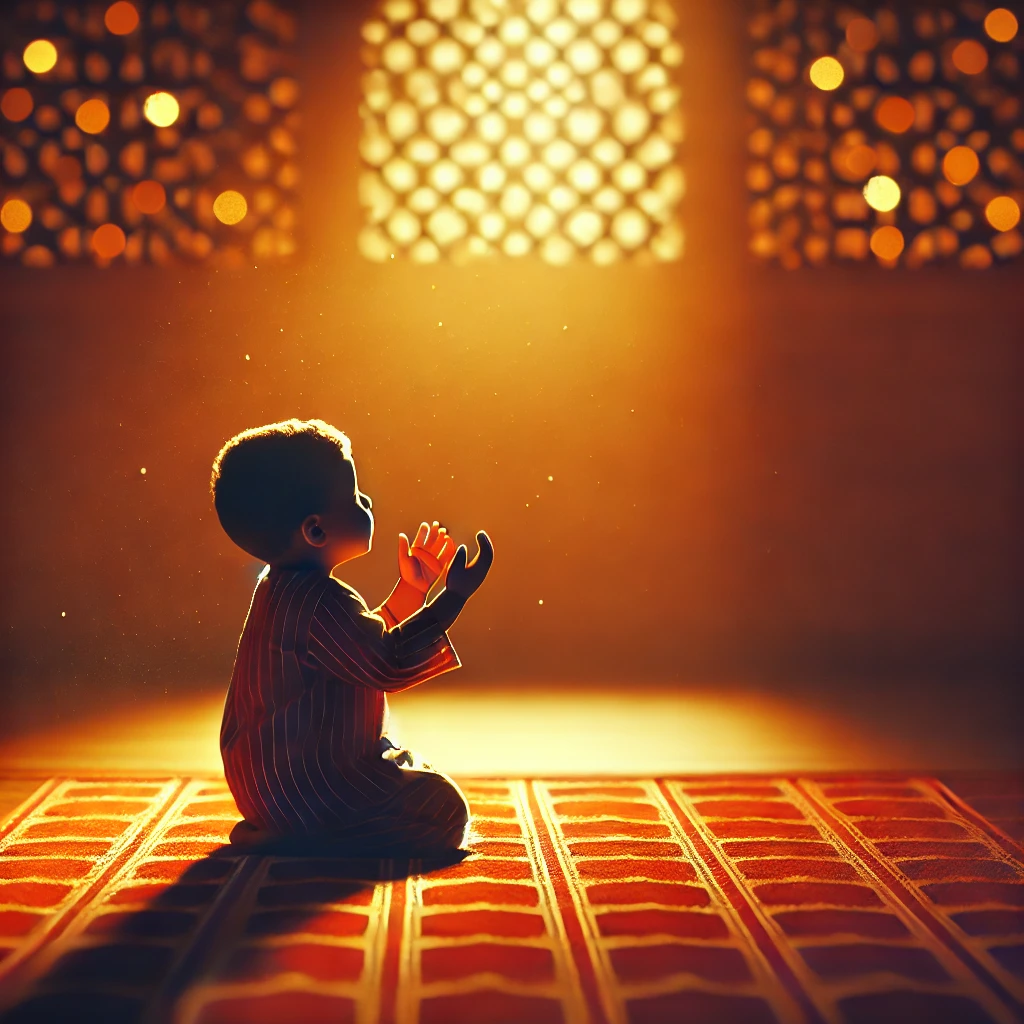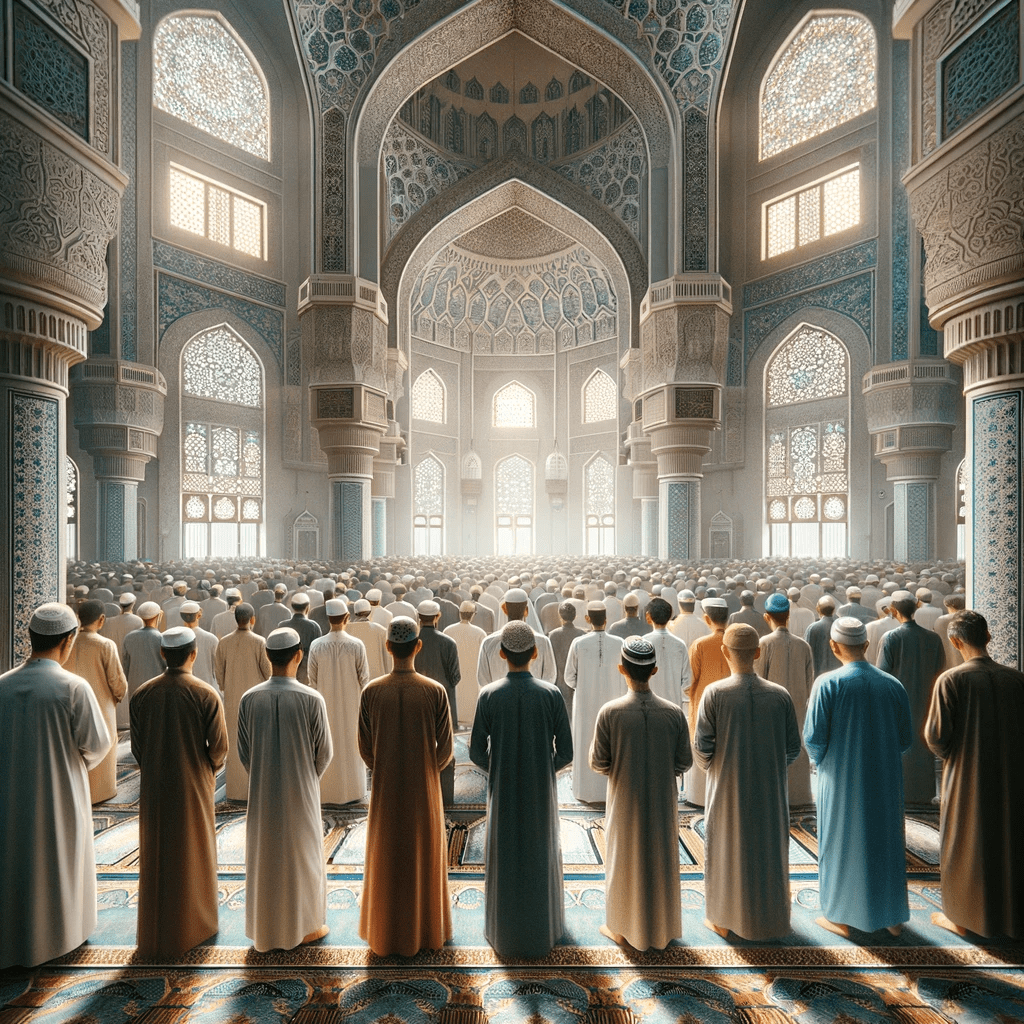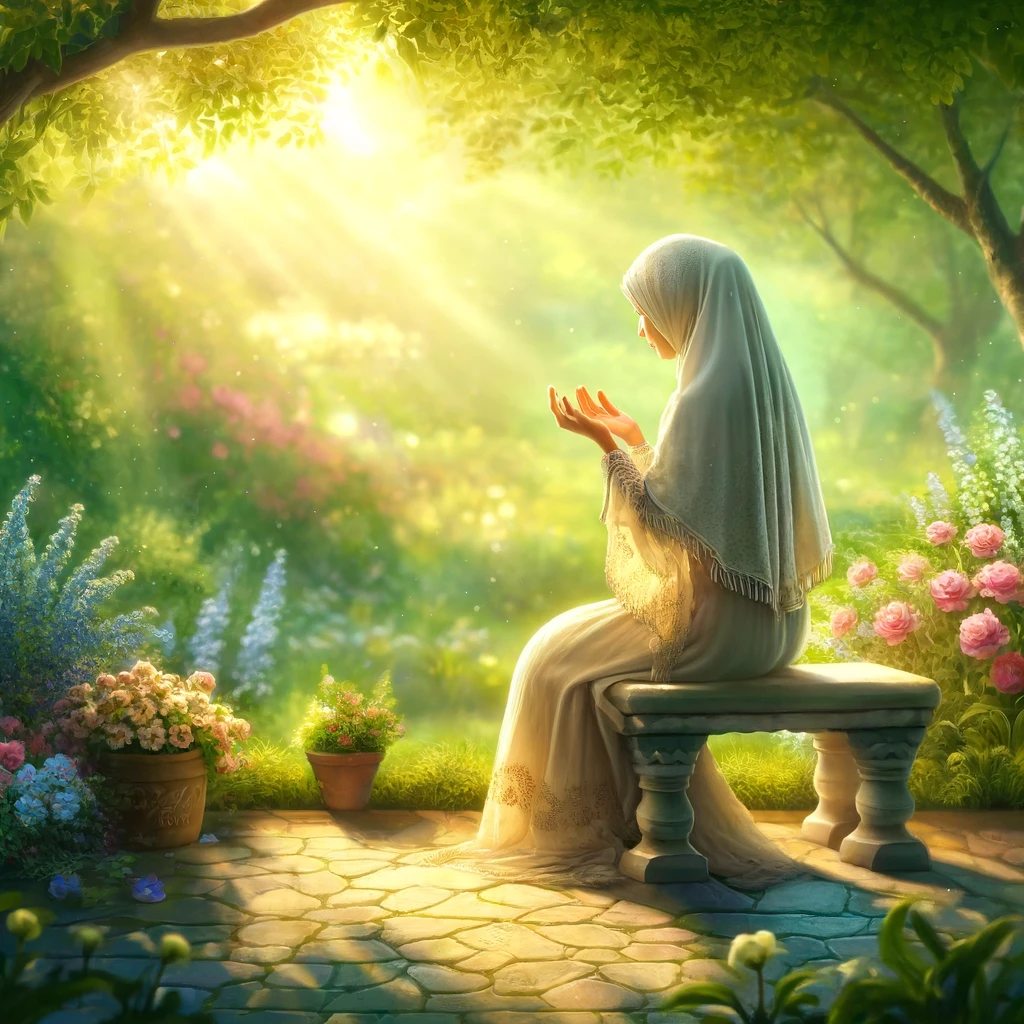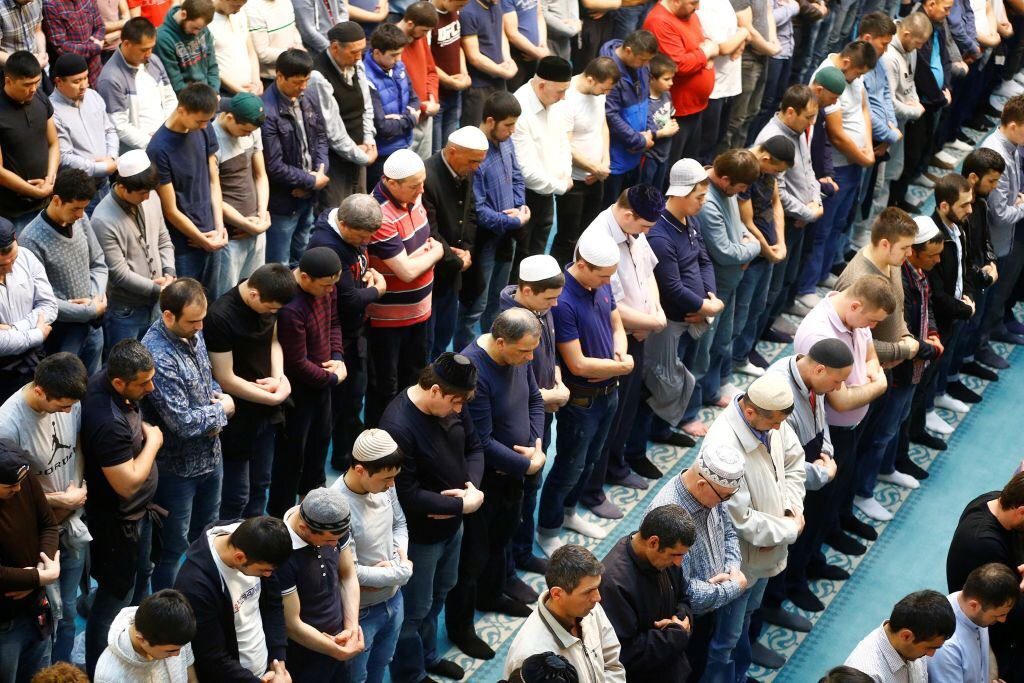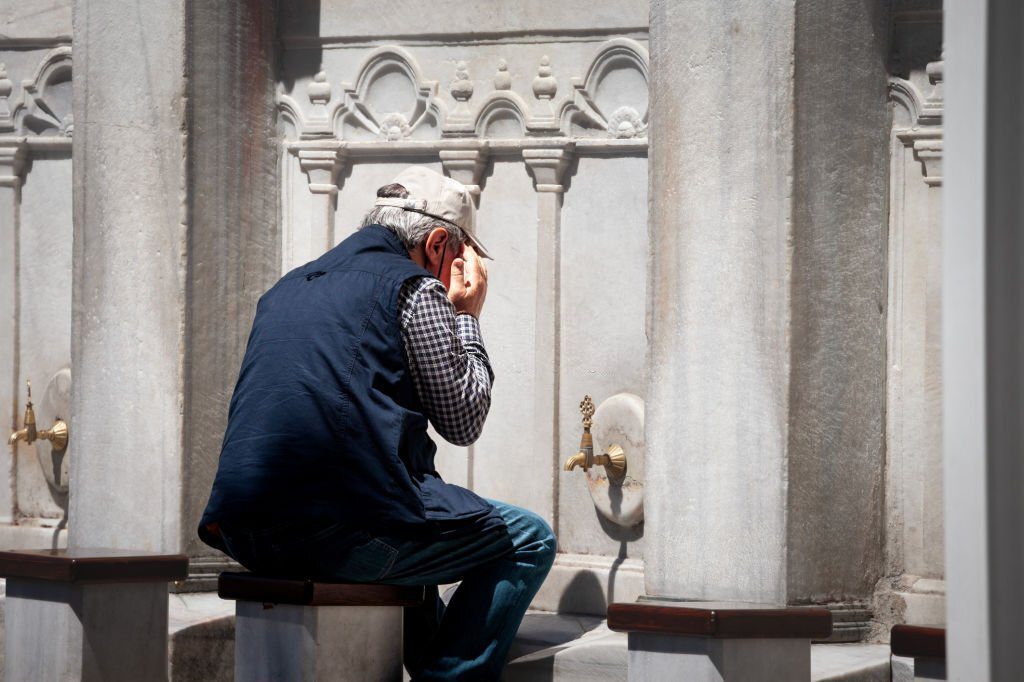Millions of Muslims across the globe celebrate Ramadan each year. This month is marked by intense prayer, fasting from dawn to dusk, and feasts. Due to a moon-sighting method that can cause different countries to declare Ramadan’s start a day or two later, others will fast on Tuesday. These are the questions and answers you need about Islam’s holiest month.
Why do Muslims Fast?
The fast is meant to bring people closer to God and remind them of the sufferings of those less fortunate. Ramadan is a time when one can focus on the inner self and not on worldly pleasures. Ramadan is a time to spiritually and physically purify oneself, and it’s a time to abstain from smoking and caffeine. Muslims donate money to charity during Ramadan and help feed the hungry. Ramadan is a time when many Muslims spend more time in mosques and use their spare time to recite Quran. Sadiq Khan, London’s Muslim mayor, stated in the Guardian that he intends to use Ramadan as a way to “build bridges” with Muslims and non Muslims in the city. He also acknowledged that the 19-hour fasts that are required during longer summer days in Europe, and the need to forgo coffee, will be difficult. Ramadan fasting is one of five pillars in Islam. It also includes the Muslim declaration, daily prayer, charity and performing Haj.
How do Muslim Fasting?
Ramadan is a month in which Muslims refrain from drinking or eating from dawn to dusk. One swig of water or one cigarette can invalidate the fast. However, Muslim scholars insist that it is not enough to avoid eating and drinking during Ramadan. Ramadan is also a time to practice self-control. Muslims should avoid arguments and gossip. During the daytime fast, sexual intercourse between spouses will be strictly prohibited. Muslims have a meal that is pre-dawn of energy foods to help them get through the day. This is called the “suhoor” Egyptians eat “ful” mashed fava beans, which are spiced with cumin, olive oil, and spices. In Syria and Lebanon, suhoor food is flatbread, with thyme and cheese, or yogurt. Afghans love to eat dates and dumplings filled with potato and leeks. They are first steamed and then fried.
Breaking the Fast
Muslims break their fast in the same way that Prophet Muhammad (peace and blessings be upon him), 1,400 years ago. They do this with a drink of water and some dates at sunset. The most anticipated moment in the day is the first sip. After sunset prayers, the large meal known as “iftar”, is shared with friends and family. Iftar is as much a social event than a culinary adventure. Apricot juices are a staple of iftar in the Arab world. Yogurt-based drinks are very popular in Turkey and South Asia. Mosques and aid groups set up tables and tents for the public every night of Ramadan to offer free iftar meals.
Can some Muslims be exempted from Fasting?
Yes. There are exceptions for the elderly, children, pregnant women, people who are nursing, or who are sick, as well as those traveling. This includes athletes competing in tournaments. Many Muslims, especially those who live in America and Europe, accept and welcome others who don’t observe Ramadan. In some Mideast countries, adult Muslims and non-Muslims who eat out in public can face fines or even imprisonment.
For a month, many karaoke bars or nightclubs in countries that are dominated by Muslims like Indonesia will be closed. To conceal diners who eat in the middle of the day, restaurants use curtains. The Dar Al-Ifta in Egypt, which is the principal authority responsible for issuing religious edits, warned Monday against eating in public. It said that this was not an act or “personal freedom”, but chaos — an attack on Islam. China’s minority Uighur Muslims complain about heavy restrictions by Communist Party. These include bans on fasting by party members and civil servants during Ramadan and bans on students eating in public.
Ramadan Traditions and Cultural Nuances
The greeting “Ramadan Kareem” is a common way to greet the beginning of Ramadan. Ramadan’s most distinctive feature is the nightly prayer at the mosque, which Muslims call “taraweeh.” The tradition of Ramadan lanterns, also known as the “fanoos” in Egypt, is a hallmark of the religion. They are often displayed on balconies and window shops or used as centerpieces at iftar tables. Wealthy families in the Arabian Gulf hold “majlis,” which allow people to come and go at any hour of the night to enjoy food, tea, and coffee. Ramadan tents are becoming more common in five-star hotels, which offer extravagant and expensive meals from sunset until sunrise. Ramadan is a blessing for South Asian retailers, but critics warn that the holy month is becoming more commercialized. The proliferation of Ramadan evening TV shows has also disturbed scholars. Live game shows in Pakistan give away gifts to promote their sponsors. Millions of dollars are spent on advertising for month-long soap operas featuring top Egyptian actors.
The End of Ramadan
Ramadan’s end is marked by intense worship, as Muslims pray for answers during “Laylat al-Qadr”, or the Night of Destiny. Muslims believe that God sent the Angel Gabriel, an angel of God, to Prophet Muhammad on this night. He also revealed the first verses of the Quran. Eid Al-Fitr, a three-day holiday that marks the end of Ramadan, is celebrated. Children often get new clothes, cash and gifts. Muslims are invited to Eid prayers in the morning on Ramadan. Families spend most of the day in parks, eating and drinking — now during daylight.
